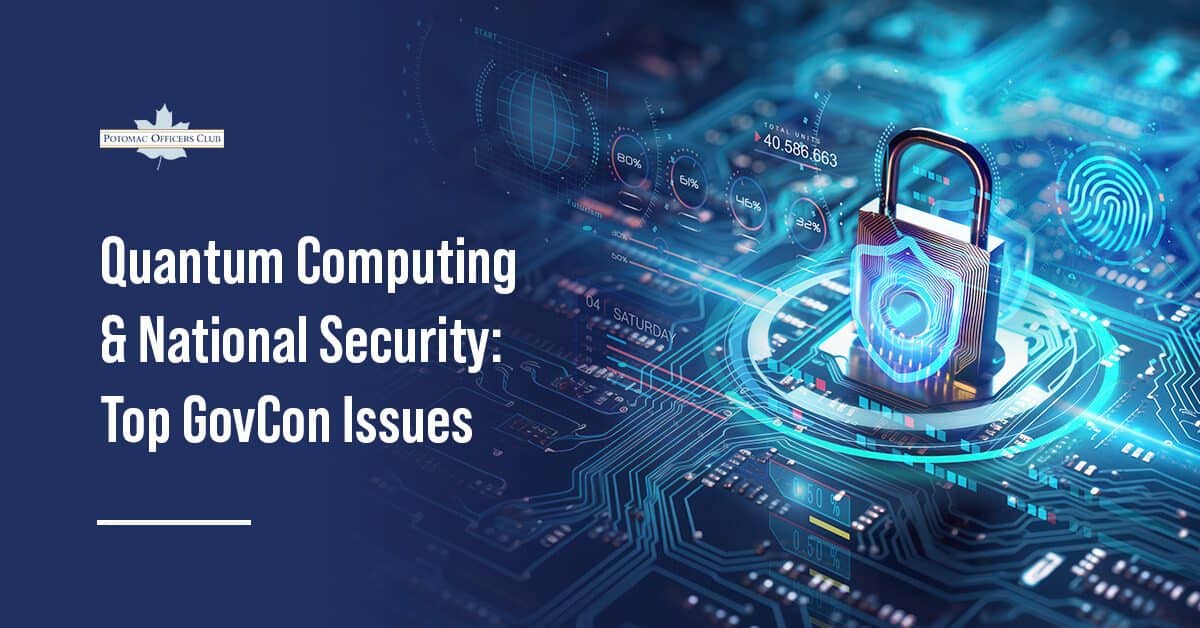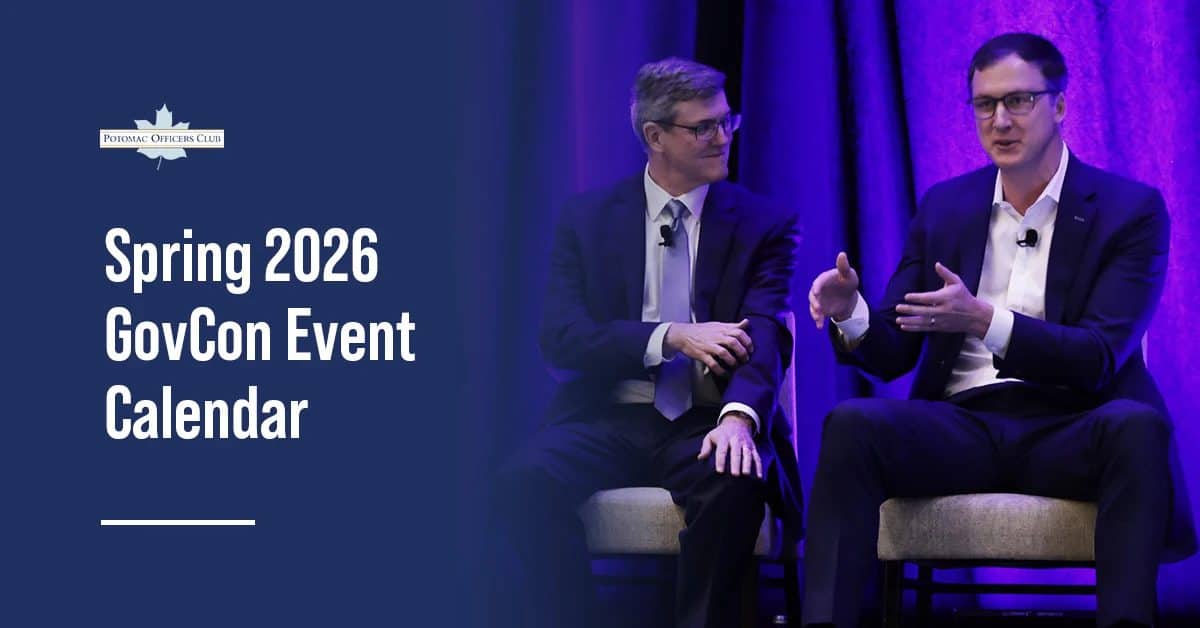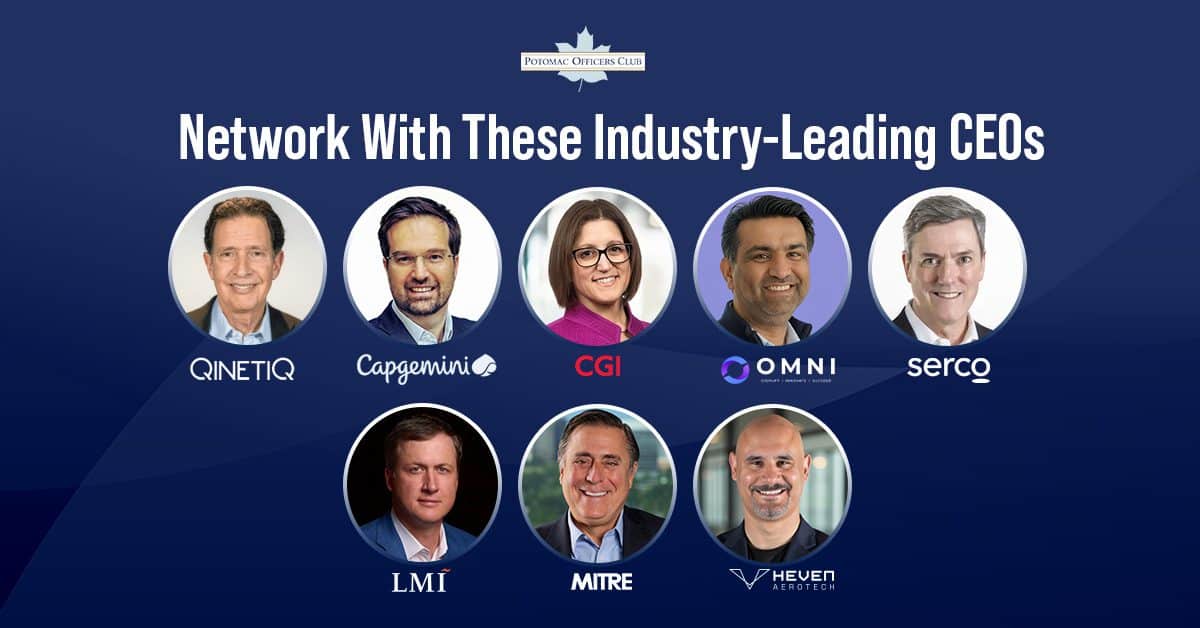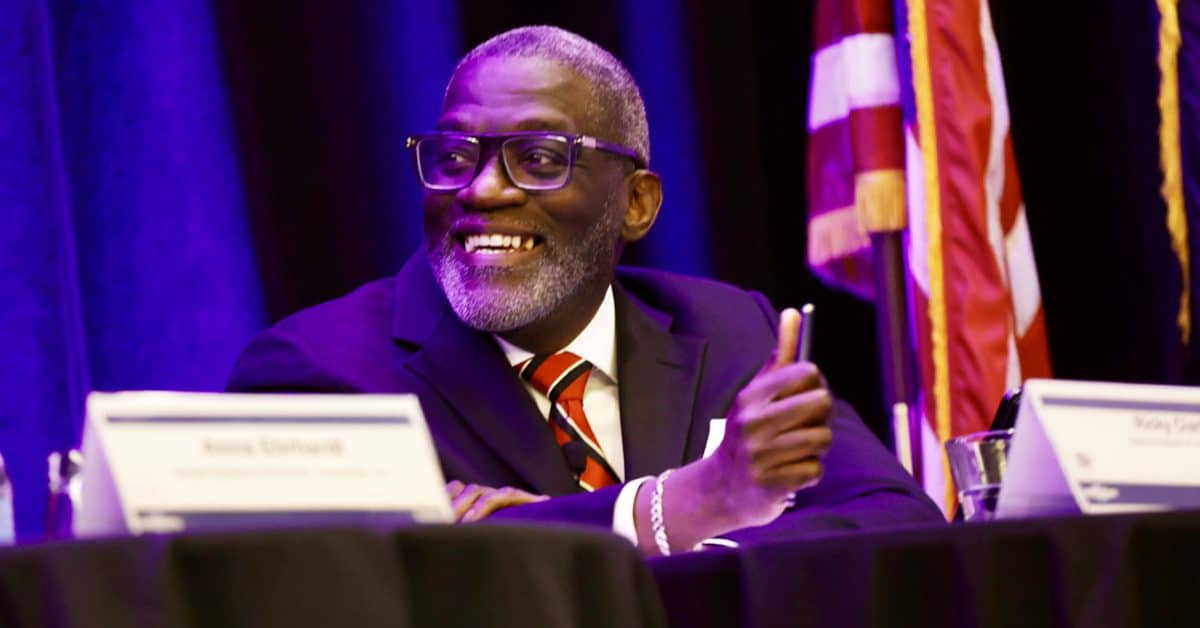
Quantum Computing & National Security: What GovCons Should Know
Quantum computing has the potential to revolutionize national security, making it a critical area of awareness for GovCons. Unlike classical systems, quantum computers can process vast amounts of data at unprecedented speeds, enabling breakthroughs in areas such as cryptography, intelligence analysis and secure communications.
However, quantum computing also poses risks, as adversaries could exploit it to break existing encryption and disrupt national security operations. Bad actors are performing tasks that may seem innocuous today, but would have negative ramifications for U.S. national security in the future.
Adversaries are performing a mission called “harvest now, decrypt later” where they are encrypting data they plan to decrypt in the future once quantum computing advances, according to a recent Wall Street Journal article.
The most chilling part: there’s little national security professionals can do to stop it.
The horse is really literally out of the barn on this, said Matthew Kohler, former Navy director of intelligence and now Cohen Group senior counselor
Learn about the latest developments in quantum computing and national security at the Potomac Officers Club’s 2025 Intel Summit on October 2! Check out an all-star panel discussion on Why Quantum Computing Matters for National Security featuring Brig. Gen. Ryan Gunst, Army commanding general for Military Intelligence Readiness Command. Secure your seat today and be the first to learn about the latest requirements involving quantum from the national security community!
How Quantum Computing Works
Quantum computers leverage the principles of quantum mechanics to address intricate problems that traditional computers are unable to manage effectively. They utilize the concepts of quantum mechanics to handle information through qubits, which can exist in various states, unlike conventional computers that operate solely with “zeros” and “ones.” This results in an exponential scale, which is the source of their computational strength.
One security professional proposes post-quantum cryptography, or algorithms developed to be secure against both classical and quantum computer attacks, as the response to ever advancing quantum capabilities. Tim Zonca, Commvault vice president of portfolio marketing, argues in a Tech Radar op-ed that quantum computing’s ability to defeat widely-used public key encryption algorithms such as Rivest-Shamir-Adleman, a.k.a RSA, and elliptic curve cryptography, or ECC, is a real concern.
Zonca argues when quantum computing advances enough, these encryption methods, which guard almost all current digital communications, will be obsolete. Zonca said cryptographically-relevant quantum computing probably won’t be around for another five-to-ten years. But the risk is ever present, he said, due to these “harvest now, decrypt later” attacks, especially for data with a longer lifetime.
The National Institute of Standards and Technology in 2024 published its first group of standardized post-quantum cryptographic algorithms. These are designed to shield encrypted data from cyberattacks that could be leveraged through the use of quantum computers.
Is the U.S. Government Investing In Quantum Computing?
One duo proposes the U.S. bolster its national security by investing in a state-of-the-art facility to train the next generation of “digital defenders.” In a July op-ed in the Washington Post, Rep. Elise Stefanek of N.Y. and Stephen Prince, TFG Asset Management chief executive officer, propose that a U.S. Advanced Technology Academy train students in secure quantum encryption among other advanced technological capabilities.
The academy’s graduates would work for federal agencies such as the Defense Advanced Research Projects Agency and others to help accelerate breakthroughs in quantum and design a new era of technological innovation.
“Our adversaries are building digital systems designed for surveillance, censorship and control,” the duo said. “We must ensure that our digital future reflects the American values of freedom, innovation and the rule of law.”
Want to get involved in how to use quantum to protect the U.S. while preventing against nefarious uses of decryption? Attend the Why Quantum Computing Matters for National Security panel discussion at the Potomac Officers Club’s 2025 Intel Summit on October 2! Dig into the latest technologies government leaders seek to better protect their sensitive data from malicious actors. Sign up today and ensure you’re part of this critical conversation!

Category: Articles





